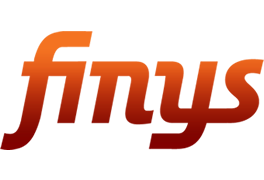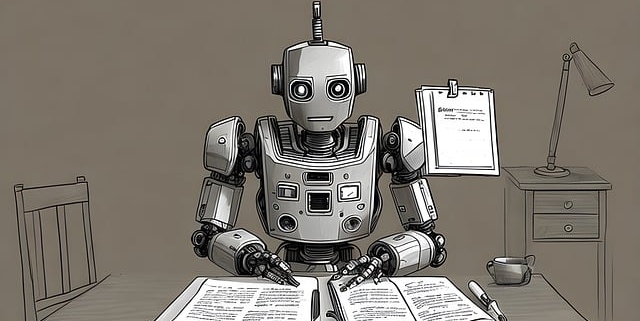Chatting with GPT
If you ever want to see a room full of people go crazy, run in, yell — “ChatGPT!” — and run out. And if you ever want to see a roomful of insurance people go deathly quiet, walk in, sit down, and ask — “ChatGPT?” — as a sincere question, and listen for pins dropping.
The excitement and trepidation about ChatGPT are equally understandable and justifiable. And there are likely as many opinions about ChatGPT’s usefulness in the insurance industry as there are people to hold those opinions. A quick internet search will prove that point. But here are just two of the differing opinions we found.
Convinced
The brokerage firm, Newfront, published this — “ChatGPT Can Superpower the Insurance-Buying Experience” — which offers this hearty endorsement:
By translating complicated compliance rules into plain English and by freeing humans to do higher-level, mission-critical work … AI will be a valuable tool for insurance buyers and sellers.
Well … yes, but. ChatGPT depends on AI. But not all AI is ChatGPT. GPT stands for Generative, Pre-trained Transformer. It can use whatever information to which it has access — whatever information it’s programmed to aggregate and amalgamate — to render things in plain English, leaving some wiggle room for a definition of plain. The value of AI is more accurately represented in another post, even though that post is more skeptical than the Newfront post about the broad applicability of ChatGPT.
Not So Much
InsuranceBUSINESS published this post — “Will ChatGPT disrupt insurance? Insurtechs weigh in” — which offers this more skeptical and accurate take on ChatGPT and AI:
ChatGPT itself has a significant list of pitfalls: it can’t grasp context or nuance in human communication, such as sarcasm; it’s limited in its ability to handle multiple tasks; and it doesn’t have enough expertise to draft complex or technical documents, such as policy wordings. It can also hold biases or prejudices, based on the data that it’s trained on, which opens a Pandora’s box of ethical issues for insurance companies. The value in generative AI lies in its potential to automate non-core but essential tasks.
Here’s the money sentence: The value in generative AI lies in its potential to automate non-core but essential tasks. We’d argue it’s significantly more regurgitative than it is generative (nothing in, nothing out). The ability of AI to automate core and essential tasks isn’t far off. But ChatGPT won’t capture nuance or subtlety, at least not yet.
In writing the promises constituted by insurance policies, nuance and subtlety can be everything.





🗣️🤖 “ChatGPT!” Excitement and curiosity abound! 😄
But in the insurance industry, it’s a hushed and serious topic. 🤐
Opinions on ChatGPT in insurance are varied. 💭🌐 #AI #InsuranceChat